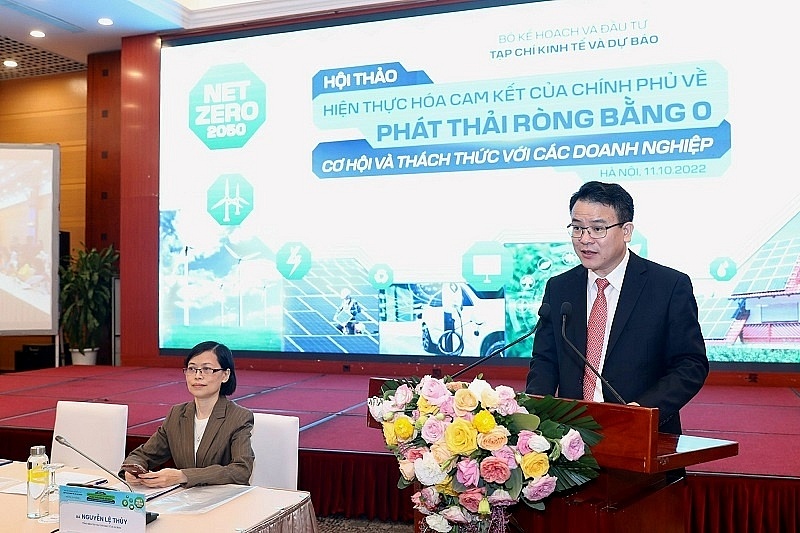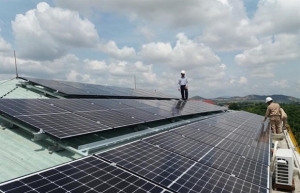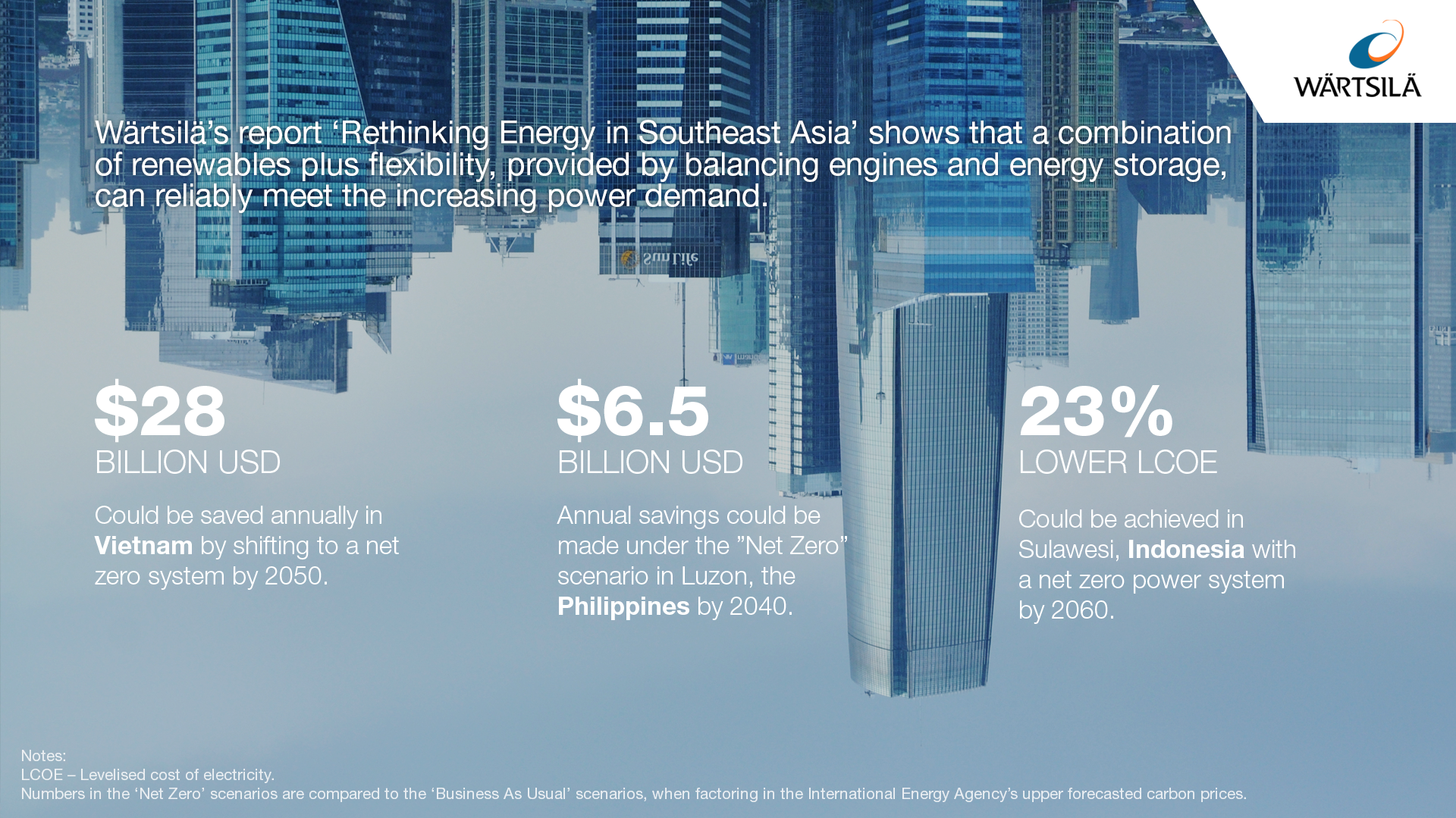Conference examines factors in implementing Net Zero
 |
| Deputy Minister of Planning and Investment Tran Quoc Phuong speaking at the workshop on Net Zero today |
A conference looking at government challenges to tackling its Net Zero commitments was held in Hanoi on October 11, attended by a deputy minister and industry leaders.
Climate change has become the biggest challenge of the 21st century, seriously affecting the sustainable development of all countries, including Vietnam. At COP26 last year, Vietnam and nearly 150 countries pledged to reach Net Zero by 2050, collaborating with 100 participating countries committed to reducing global methane emissions by 2030 (compared to 2010), joining the global declaration on converting coal power to clean energy.
The Vietnamese government has issued policies to reduce emissions, the "National Strategy on Green Growth for the 2021-2030 period, with a vision to 2050," which sets out the goal of carbon neutrality and reduction of greenhouse gas emissions.
Speaking at the opening of the workshop, Deputy Minister of Planning and Investment Tran Quoc Phuong said that after the conference in Glasgow (COP26), the Vietnamese government issued the National Action Plan on Green Growth; the National Strategy on Climate Change by 2050; and an overall roadmap to realise the committed climate goals.
| Deputy Minister Phuong said that the implementation of the government's commitment to Net Zero was not only challenging but created opportunities for businesses in research, innovation, and access to green finance to invest in activities reducing greenhouse gas emissions, adapting to climate change, and developing sustainably. |
The deputy minister affirmed that businesses, especially exporters, must realise customer requirements in selecting and using goods and services.
"They are increasingly prioritising green products and services to protect the environment and the general atmosphere of the earth," he said, citing cases in Europe, the United States, and other countries, where tariff barriers are managing carbon emissions for energy-intensive imports and encouraging decarbonisation of domestic production.
“This forces exporters in particular and Vietnamese enterprises to change to meet carbon tax barriers from major markets and maintain their position in the international market." he said. "The business community plays an important role in realising the goal of Net Zero to respond to climate change and meet the requirements of sustainable development. Enterprises are both subject to the impacts of climate change and also an important object directly involved in, turning challenges into opportunities in climate change impacts and creating resources to respond to climate change, implement plans to contribute to reducing greenhouse gas emissions, and promoting green growth."
He also said that implementing the government's commitment to Net Zero was not only challenging, but also created opportunities for businesses in research, innovation, and access to green finance to invest in activities reducing greenhouse gas emissions, adapting to climate change, and developing sustainably.
 | Vietnam needs extra 368 billion USD to achieve net zero emissions As the energy industry has a crucial role in achieving net zero emissions by 2050, it requires a structural transition toward green growth. Therefore, Vietnam needs assistance from developed countries regarding both financial and technical issues. |
 | Vietnam's smooth transition to net zero by 2050 Wärtsilä has revealed that renewable-based power systems, backed by grid balancing engines and energy storage, can enable Vietnam to reach net zero by mid-century whilst cutting the levelled cost of electricity (LCOE) by 20 per cent when taking into account future carbon taxes. |
What the stars mean:
★ Poor ★ ★ Promising ★★★ Good ★★★★ Very good ★★★★★ Exceptional
Related Contents
Latest News
More News
- Trung Nam-Sideros River consortium wins bid for LNG venture (January 30, 2026 | 11:16)
- Vietnam moves towards market-based fuel management with E10 rollout (January 30, 2026 | 11:10)
- Envision Energy, REE Group partner on 128MW wind projects (January 30, 2026 | 10:58)
- Vingroup consults on carbon credits for electric vehicle charging network (January 28, 2026 | 11:04)
- Bac Ai Pumped Storage Hydropower Plant to enter peak construction phase (January 27, 2026 | 08:00)
- ASEAN could scale up sustainable aviation fuel by 2050 (January 24, 2026 | 10:19)
- 64,000 hectares of sea allocated for offshore wind surveys (January 22, 2026 | 20:23)
- EVN secures financing for Quang Trach II LNG power plant (January 17, 2026 | 15:55)
- PC1 teams up with DENZAI on regional wind projects (January 16, 2026 | 21:18)
- Innovation and ESG practices drive green transition in the digital era (January 16, 2026 | 16:51)

 Tag:
Tag:


























 Mobile Version
Mobile Version